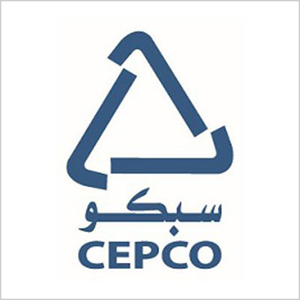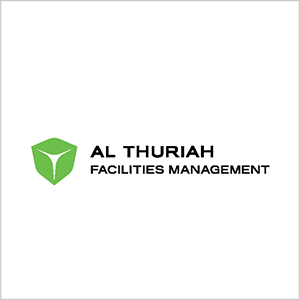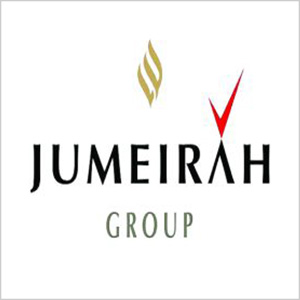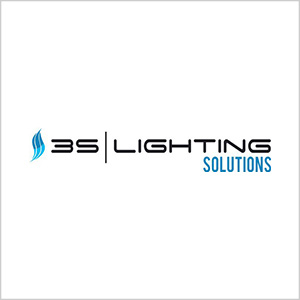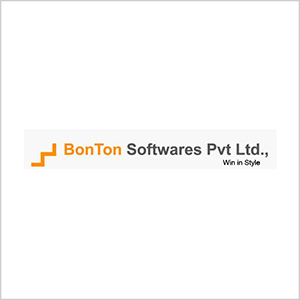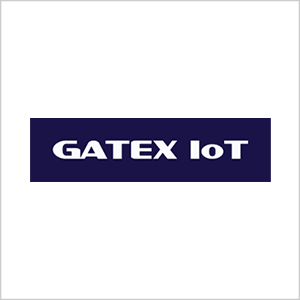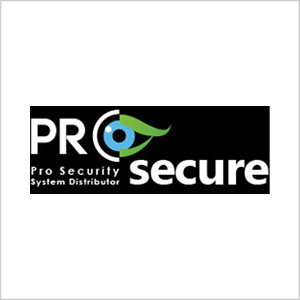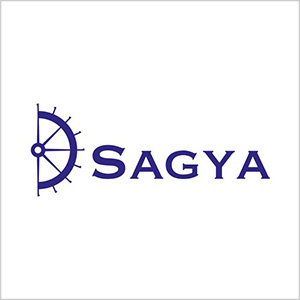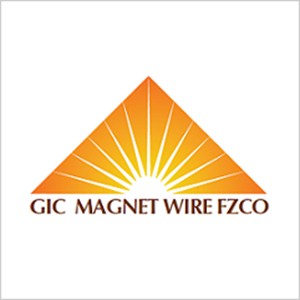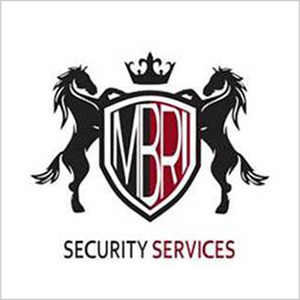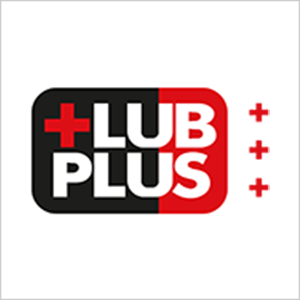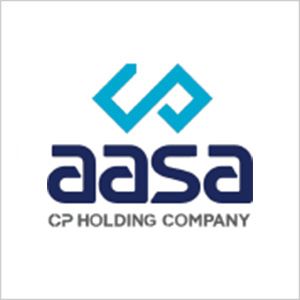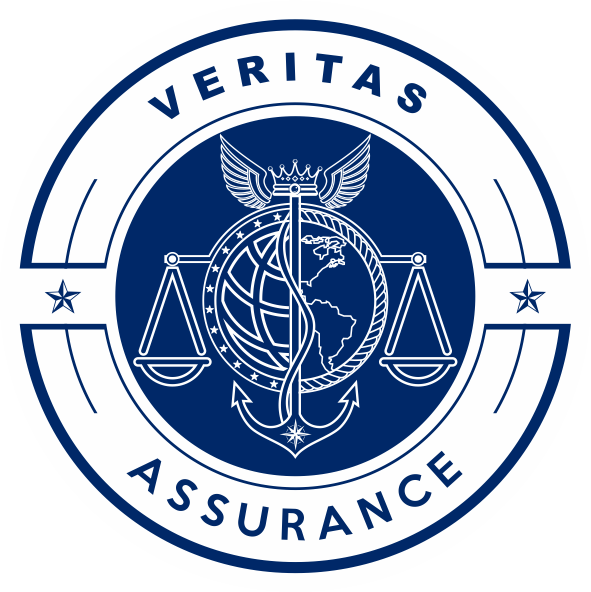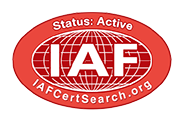
Service Organization Control (SOC) Certification in Dubai, UAE.
What is an SOC Report?
A SOC report is a document that confirms your business adheres to a specific framework of best practices for a certain operation. Depending on the industries with which you engage and the products and services you offer, potential clients may request to review your organization's SOC report(s).
The purpose of a SOC report
While SOC 1, SOC 2, and SOC 3 reports each offer a distinct perspective on your business practices, their main objective is identical: to affirm your organization’s capability to safeguard your clients’ resources and requirements.
SOC 1 vs. SOC 2 vs. SOC 3: What’s the difference?
- A SOC 1 report focuses entirely on finances. This is applicable to organizations that deliver services that might affect their customers’ financial reporting. If your financial operations are not managed responsibly, you jeopardize your customers' financial statements, reporting, and integrity. A SOC 1 is a comprehensive report that analyzes the controls your organization has established for its financial reporting and operations to ensure you’re minimizing customer risk.
- A SOC 2 report pertains to information security. It’s significant for organizations that handle their customer’s data. An SOC 2 audit assesses your information security practices to guarantee that your customer’s data remains secure in your possession. Your SOC 2 report will outline your security stance and the controls you have implemented to safeguard your organizational and customer data.
- A SOC 3 report also addresses information security but is less intricate. This is for organizations that wish to exhibit their security controls and best practices to a broader audience. It examines the same controls as a SOC 2 report, but with significantly less detail. You may produce an SOC 3 report to highlight the effectiveness of your security practices to public audiences, such as for marketing purposes.
Benefits of a SOC 1 report
- Securing deals with clients who only engage with vendors possessing a SOC 1.
- Demonstrating that you’re conducting your due diligence to provide accurate financial data.
- Reducing the risk of distorting your own financial data or rendering it unreliable.
- Diminishing the chance of supplying untrustworthy financial data to your clients and decreasing your risk of litigation.
Benefits of a SOC 2 report
- Creating a robust data security posture.
- Securing deals with clients who will only collaborate with vendors that have a SOC 2.
- Reducing your risk of a data breach and evading the expensive repercussions that accompany a breach.
- Cultivating and preserving customer trust.
There are two types of SOC 2 reports:
- SOC 2 Type 1 articulates your data security controls at a specific moment in time.
- SOC 2 Type 2 evaluates your security controls over a duration to confirm you’re continually adhering to information security best practices.
Benefits of SOC 3 reports
- SOC 3 audits are advantageous when you wish to showcase your security practices to a larger and more public audience. SOC 3 is broader and less detailed than a SOC 2, yet it encompasses the same controls.
- Although it can be solicited by clients or partners, it is primarily utilized for promotional objectives to enhance consumer confidence and increase profitability. A SOC 3 can assist in assuring the broader public that you adhere to adequate security measures, enabling more customers to feel secure when interacting with your business.
Who requires a SOC 1 report?
SOC 1 reports pertain to financial reporting and evaluating your processes to guarantee you manage your financial data reliably.
They are typically expected from the following types of organizations:
- Publicly traded companies
- Payroll processors
- Investment advisors
- Loan services
- Medical claims processors
- Data centers
- Business intelligence analysts
A SOC 1 may be required if your organization’s services could impact your clients’ ability to accurately report their financial data.
Who requires a SOC 2 report?
Data security is essential for most contemporary organizations to some extent, but if your security practices might influence your customer’s data, you may need a SOC 2 report.
Organizations that frequently require a SOC 2 include:
- SaaS companies
- Data centers and cloud storage providers
- Organizations supplying data hosting and processing
- Managed IT service providers
If you manage customer data and pose any degree of risk to them in the event of a data breach, you might require a SOC 2 report.
Who requires a SOC 3 report?
Numerous organizations that obtain a SOC 3 report also possess a SOC 2. This is due to the similarity of these reports, which can often be generated in the same audit. However, not every organization that requires SOC 2 will gain from a SOC 3 report.
SOC 3 reports are prevalent among:
- Public trade companies that must uphold data integrity and security
- SaaS companies and cloud service providers
- Organizations that collect sensitive data from the public
- IT systems management organizations
Organizations that gain the most from SOC 3 are those that need to showcase their data security practices more extensively to shareholders or customers.










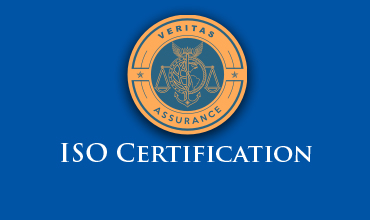
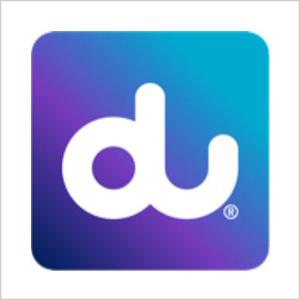

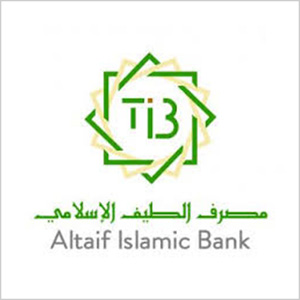

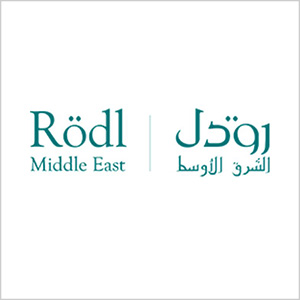
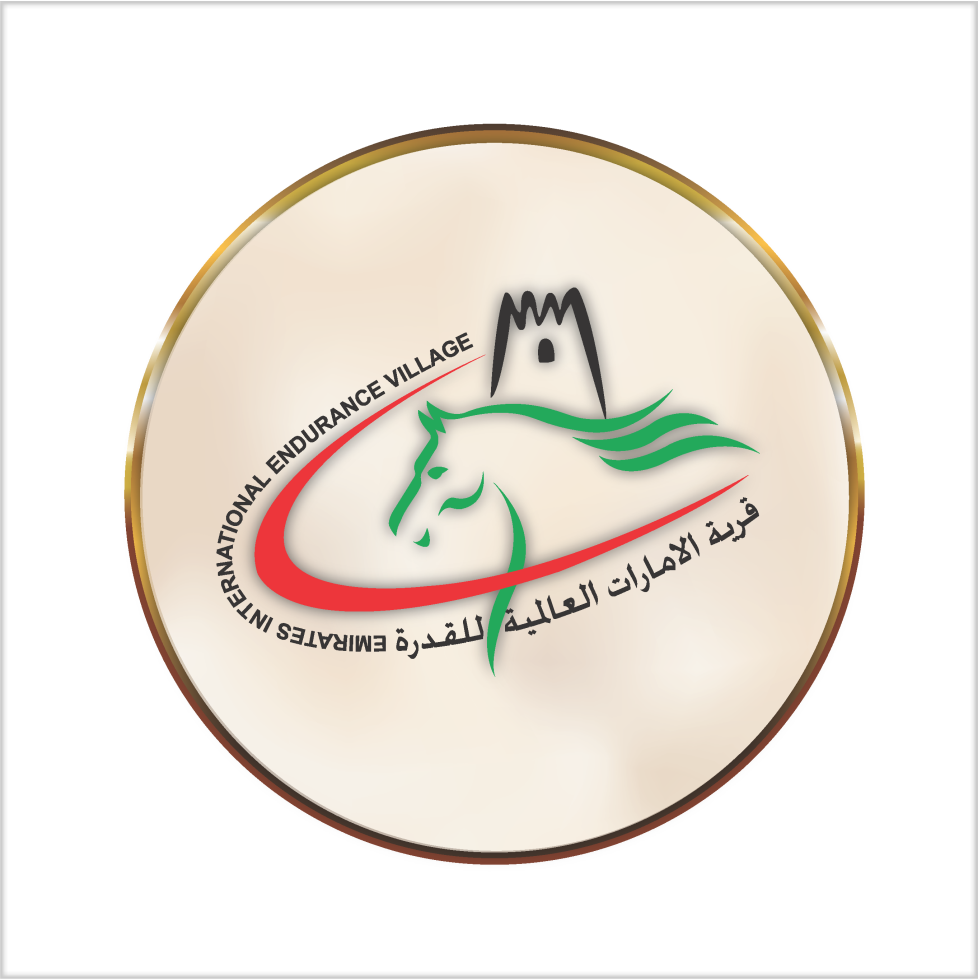


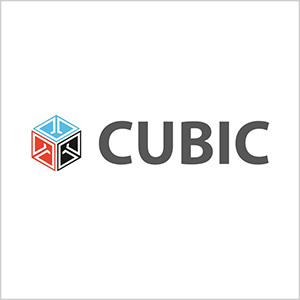
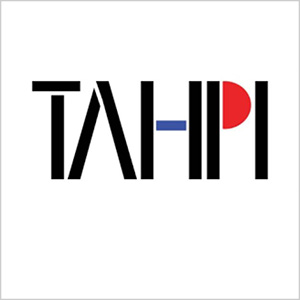


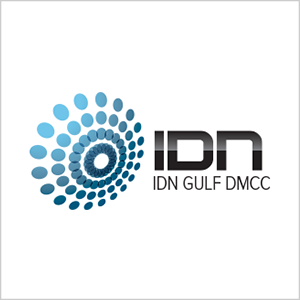
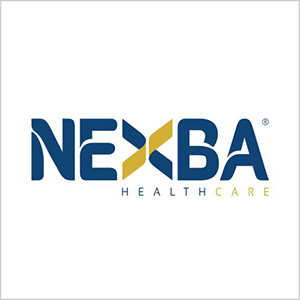
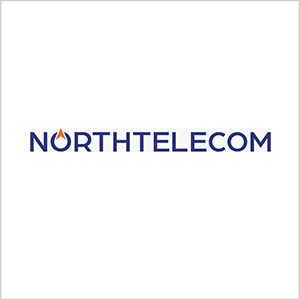
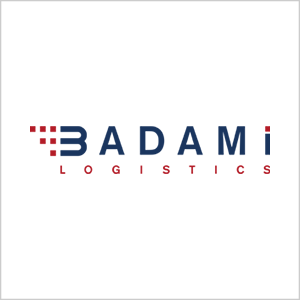
_ Logo.jpg)
